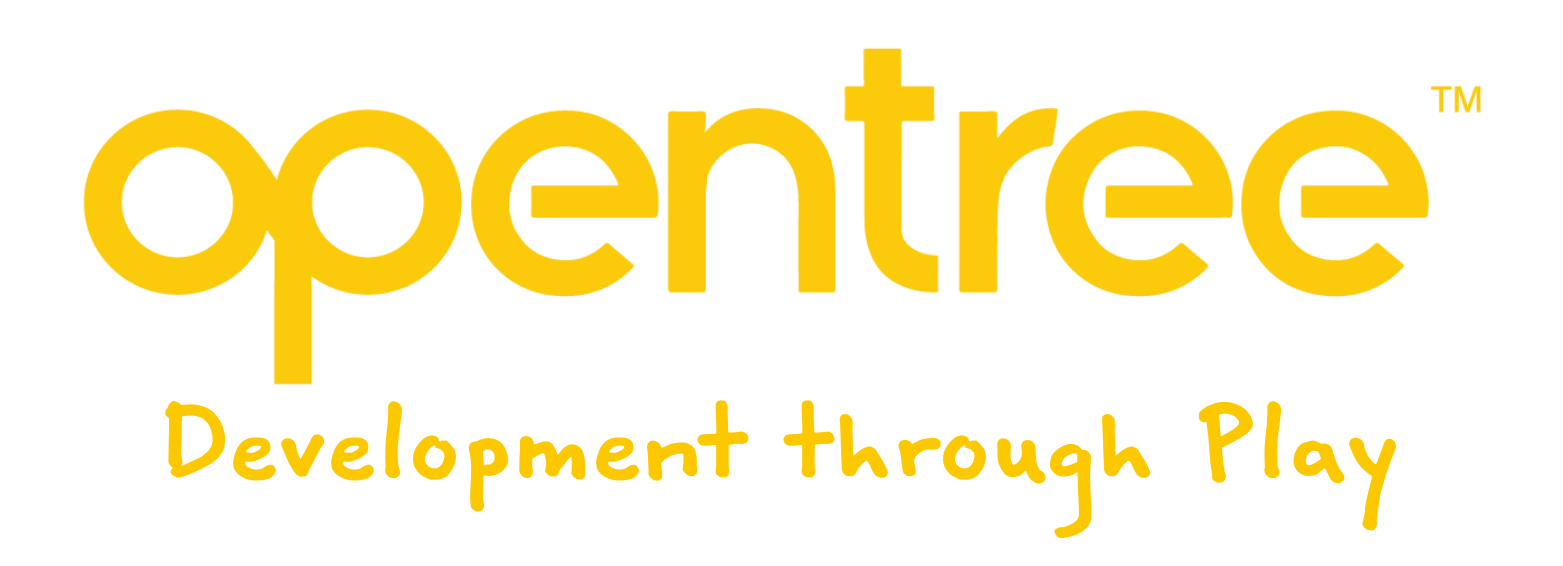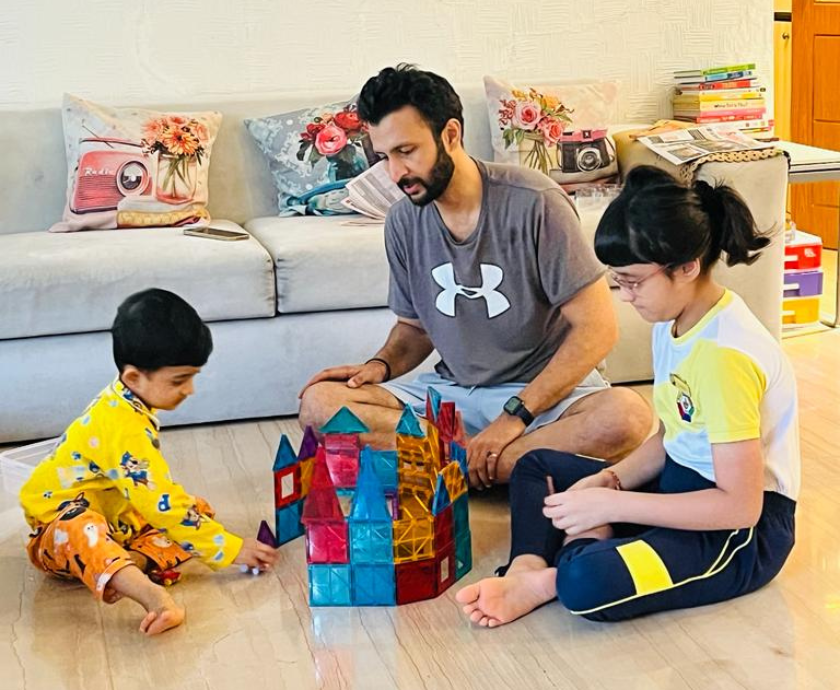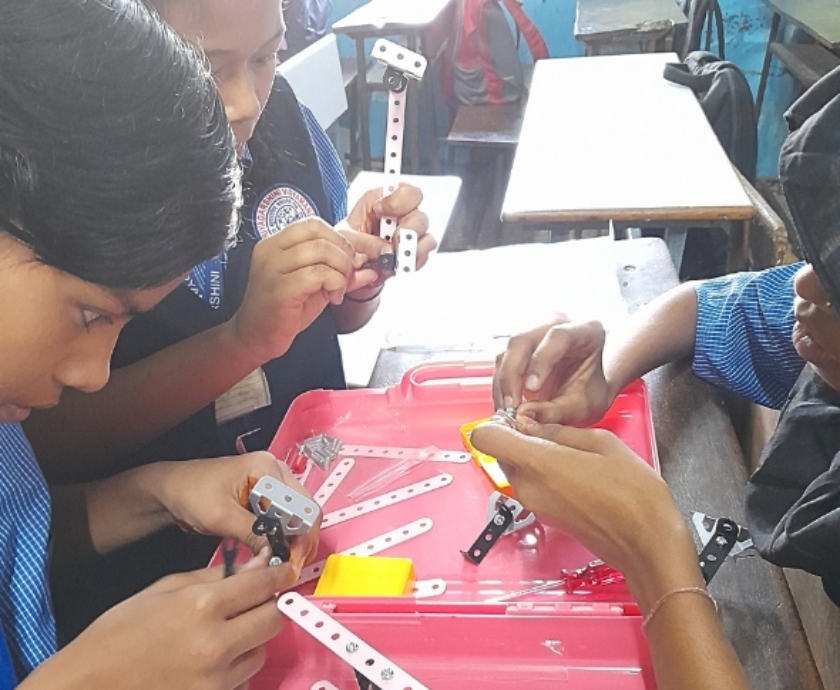In a study conducted in 2012, it was found that Toybank’s Play2Learn programme sessions brought about improvements in children living in informal settlements of Govandi, Mumbai in India
The study was conducted over a period of three months with 28 children. Through the play sessions, these children were closely monitored over a period of three months by the teachers at Apnalaya’s centres. The teachers were provided sheets, which were based on international play therapy indicators, and the data was divided under the categories: social and emotional skills, life skills, motor skills, fine motor skills and language skills.
The findings of the study revealed that three months after the play sessions, the children showed a 23.46% rise in social and emotional skills; 25.95% rise in life skills; 33.33% improvement in motor skills; 29.03% improvement in fine motor skills and 21.17% rise in language skills.
In addition, Toybank also conducted a quick and easy measure of attendance levels in government schools in Mumbai. After our Play2Learn programme sessions were introduced, there was an increase in attendance. The attendance increased by 45%. Children, who were missing school on Saturdays started attending their classes owing to these play sessions.
It was also noticed that there was a 50% increase in the number of children who performed well in English, in their scholarship exam. The games that helped them the most were: Opposites, Similar word, Word builder, Sentence maker.
While India assures children of their right to education, health and protection, another basic right — Right to Play — remains unrecognised, undervalued and unadopted. Over the years, Toybank has focused on ensuring children have access to play through its Play2Learn Programme.
Source: 3-month preliminary assessment study by The Opentree Foundation’s flagship project, Toybank – Development Through Play with Apnalaya in August – September – October 2012












